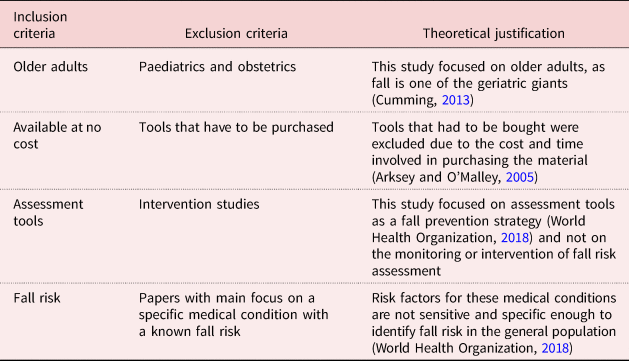The Only Guide to Dementia Fall Risk
The Only Guide to Dementia Fall Risk
Blog Article
Getting My Dementia Fall Risk To Work
Table of ContentsDementia Fall Risk Fundamentals Explained5 Simple Techniques For Dementia Fall RiskDementia Fall Risk for DummiesDementia Fall Risk Can Be Fun For AnyoneThe Dementia Fall Risk Statements
However, based upon symptoms and signs, such as proof of head injury or a brand-new focal neurologic shortage, calculated tomography or MRI of the brain might be suggested - Dementia Fall Risk. An evaluation for sources of syncope ought to be conducted only if there is strong uncertainty, as when it comes to reoccurring, inexplicable falls
Healthcare companies utilize an autumn danger evaluation to identify your risk elements for falling and make handy recommendations. An autumn risk assessment is important because knowing which aspects boost your opportunities of dropping aids you: Lessen your risk of dropping or hurting on your own.
All adults 65 years and older should have a preliminary loss danger screening. Have dropped in the past year. Worry concerning falling.
Dementia Fall Risk - Questions

, and objectives especially customized to clients that are at risk for falls. A is defined as an event that results in a person coming to rest unintentionally on the ground or floor or other lower level (WHO, 2021).
According to the Centers for Disease Control and Avoidance (CDC),, causing over 34,000 fatalities for that age. Dropping is the 2nd leading reason of death from unintentional injuries worldwide. Death from falls is a major and endemic trouble amongst older individuals. It is approximated that autumn death rates in the united state

Each year, over 800,000 people are hospitalized because of drops. Nurses play a significant function in avoiding drops for their individuals via education, reviewing autumn threat, producing more secure settings, and offering treatments in preventing injuries from falls.
Falls are due to a number of variables, and an all natural strategy to the individual and environment is important. Suppose a person is considered at high risk for drops after the read what he said screening.
Some Known Questions About Dementia Fall Risk.
A calls for making use of a verified tool that scientists dig this have actually taken a look at to be helpful in naming the reasons for falls in an individual. As a person's wellness and scenarios change, reassessment is called for. The degree of autumn danger can be identified making use of the evaluation of intrinsic and extrinsic variables. Criterion analysis tools can likewise be utilized (talked about listed below).
People are more likely to drop once more if they have maintained one or even more drops in the previous 6 months. The older populace is at enhanced danger of fall-related readmissions based on a study determining the aspects anticipating of repeat falls connected results (Prabhakaran et al., 2020).
Furthermore, complication and damaged judgment raise the individual's chance of falling. The ability of individuals to protect themselves from falls is influenced by such elements as age and advancement. Older individuals with weak muscle mass are more probable to fall than those who keep muscle strength, adaptability, and endurance. These adjustments consist of lowered aesthetic function, impaired color assumption, change in center of mass, unsteady stride, decreased muscle mass stamina, decreased endurance, altered deepness understanding, and delayed response learn this here now and reaction times.
The Definitive Guide for Dementia Fall Risk
Less comparison sensitivity was fairly linked with both boosted rates of falls and various other injuries, while reduced aesthetic acuity was just related to enhanced fall price (Timber et al., 2011). Sensory perception of ecological stimulations is critical to safety. Vision and hearing problems limit the individual's ability to regard risks in the environments.
Older grownups who have inadequate equilibrium or trouble strolling are much more likely to fall., or various other medical conditions and treatments., and use of psychotropic medications (Stanmore et al., 2013).
Report this page